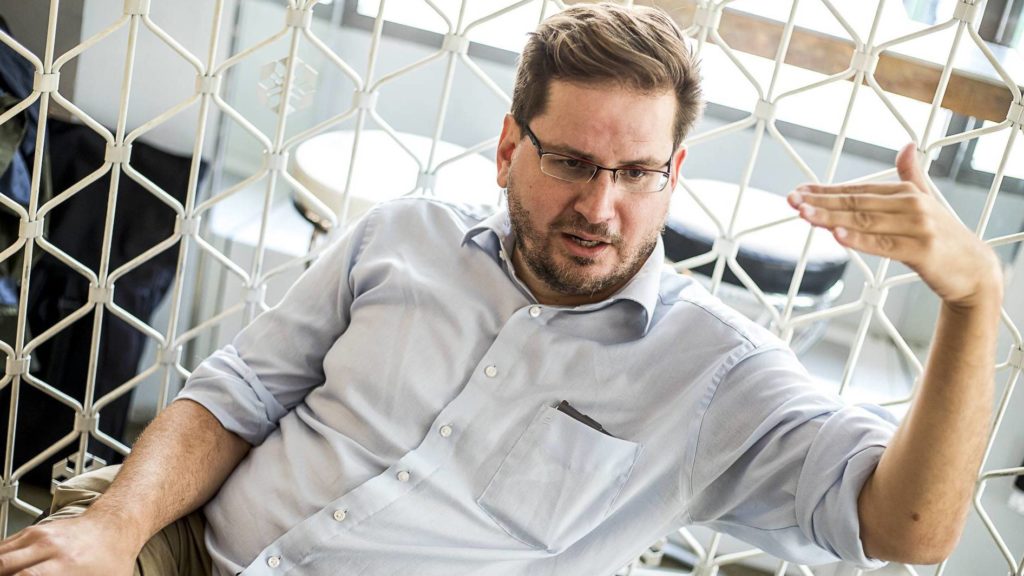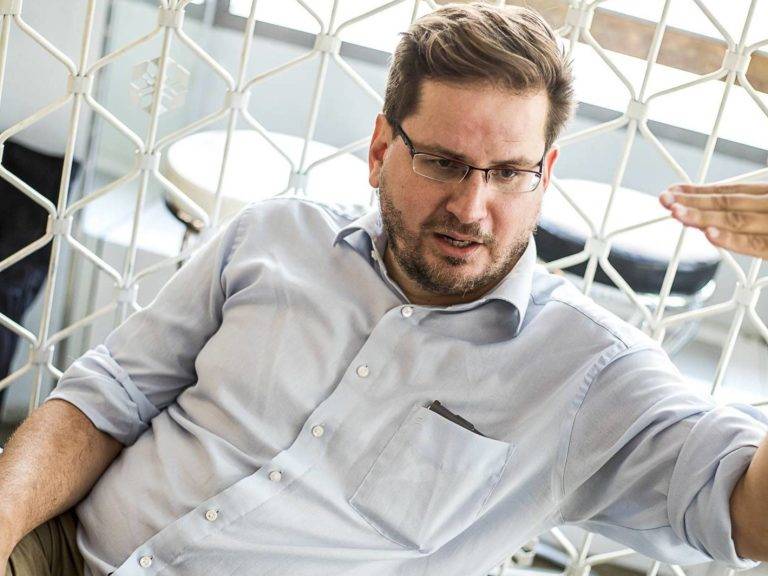Life – it is ours to live but is it really ours to end? Suicides are attempted when the emotional pain is out of control, seeping out of human sanity and falling into the hands with which they eventually end it. The suffering may end for the victim but in fact it is just carried on to their loved ones.
Now, imagine this scenario, a patient suffering from an ailing illness for a long time. They’ve spent almost all their life in pain, hospitals, ambulances, ventilators and intensive care units. It has taken the energy, time, and a lifetime of effort from their family members and loved ones in taking care of them and getting them as far as they have come, but eventually the illness gets the better of them. Now this is where the moral question comes in:
if it were up to you, would you still let them suffer for the rest of their life through these above-mentioned hardships, or would you save them from it, and let them leave this world in a consensual way where neither them nor their family would have to go through all these tough times?
This may be a dilemma for most of us, but euthanasia is completely legal and normal in Spain, Belgium, Luxembourg, the Netherlands, Canada and Colombia. The legal requirements and conditions vary from country to country.

Assisted suicide occurs when a doctor aids a patient in taking their life by providing fatal medicine. When the doctor delivers the medicine directly, it is considered euthanasia. Euthanasia is done under the supervision and with the aid of surgeons, after the full consent of the patient. But the question is,
does consent, legalization and other normalizing factors make it valid and moral enough to help them take their life, to leave the world forever?
This argument has been going on for years now. There have been a few movies as well about specifically the topic of euthanasia, to address the general public about this and what goes on inside the lives of parties undergoing this medical procedure. For example, in the movie “Me Before You” the emotional toll is shown that a family and their loved ones go under when their son is suffering from a terminal illness, they must make the toughest decision of their life; opting for euthanasia, because they cannot see their only son, who is still in his youth, live a life where he is physically unable to even do the smallest chore for himself.
Do you now think that euthanasia is justifiable?
Regardless, “morality is subjective” – an argument that is often used during the philosophical discussions of life. Although many disagree with this, the fact that this phrase has stood firm over the years of revolutions in philosophy, speaks for the extent of its validity.

The Autonomy Argument
Furthermore, in euthanasia discussions, the autonomy argument is one of the most powerful arguments in support of voluntary euthanasia. It is the ability to make one’s own decisions. The principle of respect for autonomy states that we should not restrict others’ autonomy in general.
The Compassion Argument
Compassion appears to be a straightforward and persuasive argument. Common humanity requires us to try to alleviate others’ pain, and as a humane society, we must provide legal means for individuals to end their suffering by taking their own lives. Supporters of assisted suicide feel that allowing someone to ‘die with dignity’ is preferable to forcing them to live a life of pain.
As much as euthanasia may sound doable, and reasonable enough to be done in some cases.

There are some cautions that one needs to keep in mind whenever trying to measure euthanasia under the scale of morality. Because according to some, there may be no ‘right’ to be killed and the slope of assisted suicide is quite slippery.
Once started, it may get out of our control, e.g., reports from the Netherlands, where euthanasia and doctor-assisted suicide are legal, reveal that doctors do not always report it.
Another very dangerous aspect of euthanasia is that the belief that sufferers need to have a right to die could impose on doctors a responsibility to kill, therefore limiting the autonomy of the doctors. Additionally, a ‘right to die’ for some people could possibly end up as an ‘obligation to die’ with the help/aid of others, particularly people who are always depending on their loved ones.So dear readers, have you arrived at a conclusion yet?
Do you think euthanasia is moral or immoral? I’ll leave the discussion open for you.
Written by Faiq Saeed







